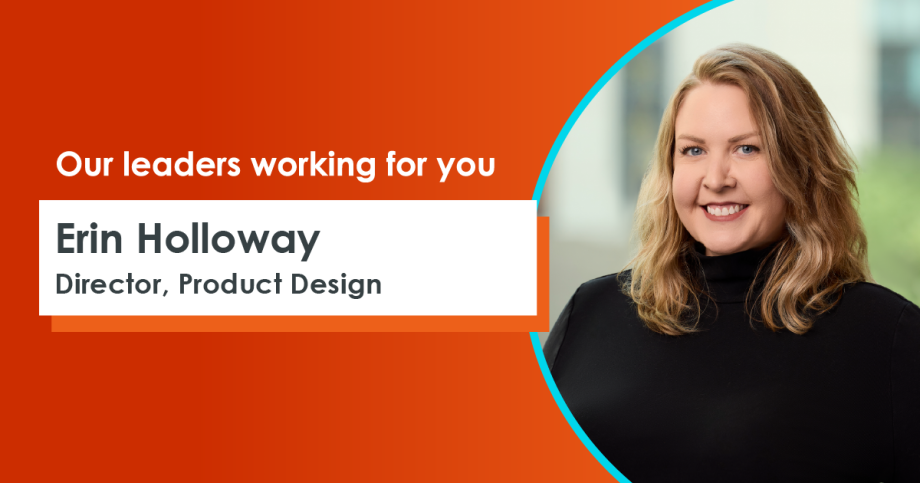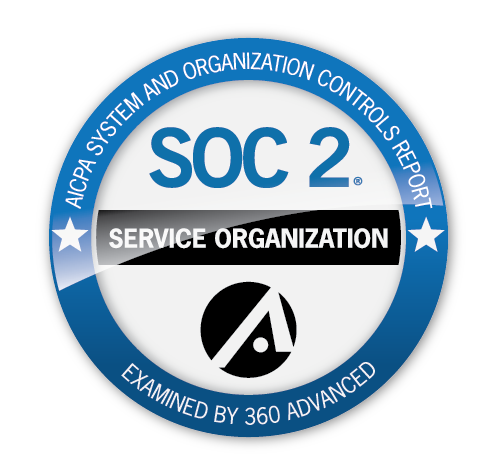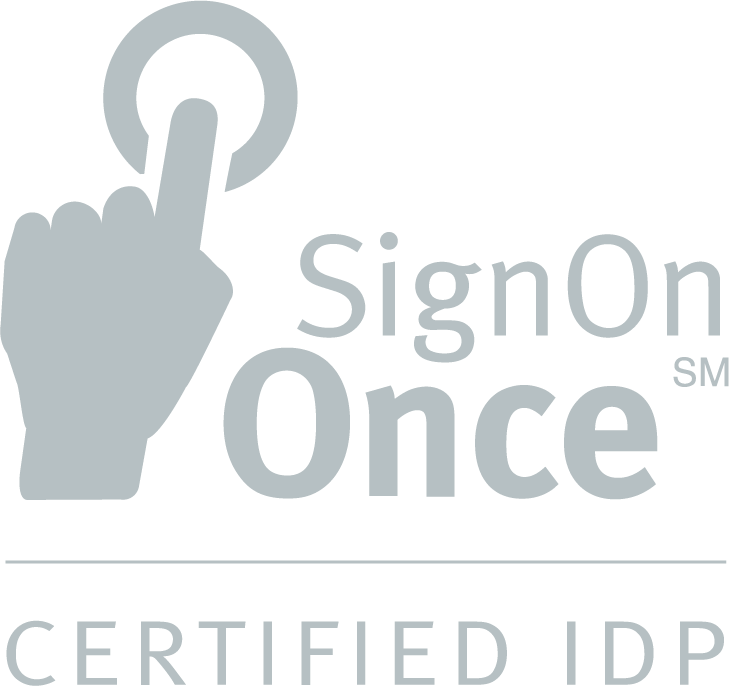©2026 Vertafore, Inc.
AI tools are transforming how end-insureds shop for coverage. Here’s how to evolve your digital strategies

AI tools are transforming how end-insureds shop for coverage. Here’s how to evolve your digital strategies

For Erin Holloway, human-centered design means creating tools that make insurance work easier, faster, and more personal

Create a cohesive workflow across data and connectivity

AI is reshaping MGA operations with faster insights, smarter workflows, and the scalable tech needed to compete through 2030
©2026 Vertafore, Inc.

